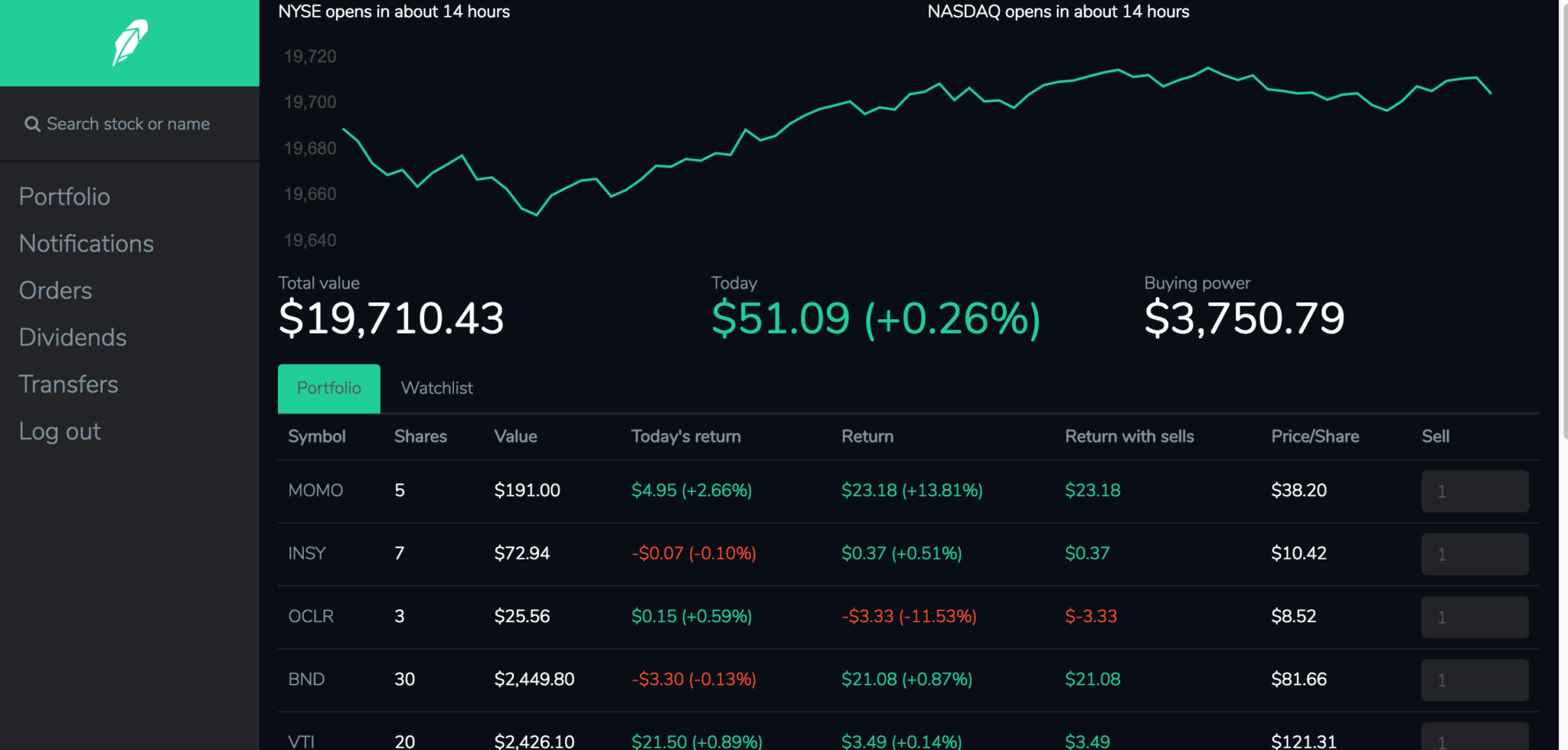In the ever-evolving landscape of financial markets, stock options have emerged as a versatile and potentially lucrative investment vehicle. Robinhood, a popular online brokerage, has made it easier than ever for retail investors to access these sophisticated instruments. Trading stock options on Robinhood offers a unique blend of opportunities and risks, and understanding its intricacies is crucial for maximizing returns while mitigating losses.

Image: forexscalpingmethod1.blogspot.com
Stock options are financial contracts that grant the holder the right, but not the obligation, to buy (call option) or sell (put option) a specific number of shares of an underlying stock at a predetermined price (strike price) on or before a certain date (expiration date). The price of an option is influenced by various factors, including the underlying stock’s price, time to expiration, volatility, and interest rates.
Understanding Call Options
Call options are bullish bets that allow investors to capitalize on potential price increases in the underlying stock. If the stock’s price rises above the strike price, the option holder has the right to exercise their option and buy the shares at the strike price, profiting from the difference between the market price and the strike price. However, if the stock’s price falls below the strike price, the option expires worthless, effectively resulting in a loss.
Exploring Put Options
Put options, on the other hand, are bearish bets that give investors the right to sell the underlying stock at the strike price. In a scenario where the stock’s price drops below the strike price, the option holder can exercise their option and sell the shares, benefiting from the decline in share price. Conversely, if the stock’s price increases above the strike price, the put option expires worthless, leading to a financial loss.
Pros of Trading Options on Robinhood
Trading stock options on Robinhood offers several advantages, including:
- Accessibility and Usability: Robinhood’s user-friendly platform makes it incredibly easy for beginners to navigate the complexities of option trading.
- Zero Commissions: Robinhood does not charge commissions on option trades, providing a significant cost advantage compared to traditional brokerage firms.
- Versatile Trading Strategies: Options can be utilized for various trading strategies, from hedging portfolio risks to speculating on market movements.

Image: tradingplatforms.com
Cons of Trading Options on Robinhood
Despite its merits, there are potential drawbacks to consider when trading stock options on Robinhood:
- Limited Functionality: Robinhood’s option trading platform offers fewer advanced features compared to specialized brokerage platforms.
- Suitability Concerns: Option trading involves inherent risks and may not be suitable for all investors, particularly those with limited investment experience.
- Margin Requirements: Trading options on margin can amplify both gains and losses, significantly increasing the potential for financial losses.
Trading Stock Options On Robinhood
Conclusion
Trading stock options on Robinhood can provide an opportunity to enhance returns and hedge against risk. However, it’s crucial to approach this endeavor with a thorough understanding of the underlying concepts, potential risks, and trading strategies. Additionally, investors should carefully consider their financial situation and risk tolerance before venturing into this complex but potentially lucrative world.
By leveraging Robinhood’s accessible platform and embracing a balanced approach, investors can maximize the utility of stock options while mitigating potential losses. Remember, knowledge is power, and a deep dive into the principles and practices of option trading empowers investors to make informed decisions and navigate market fluctuations with greater confidence.






